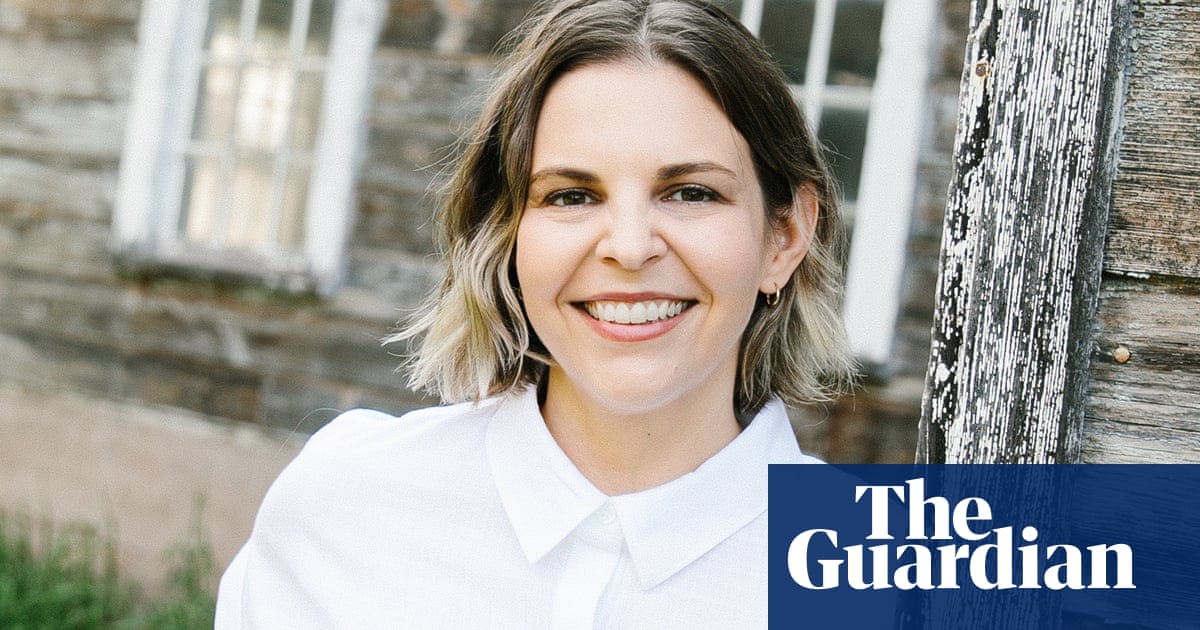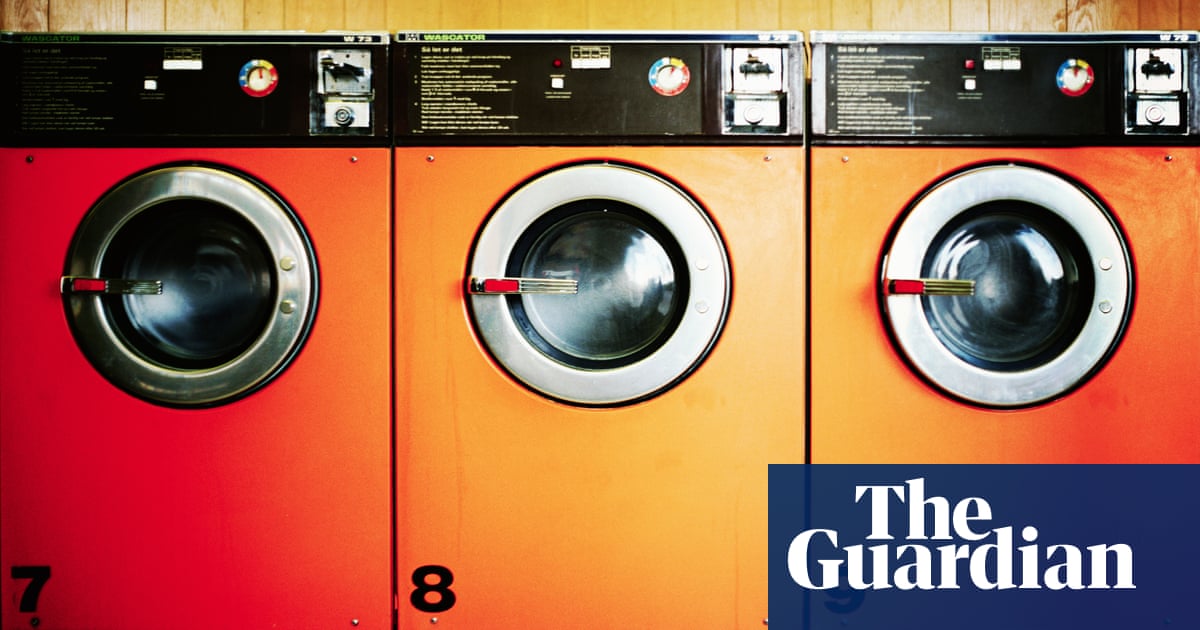
Anne Heltzel was single, in her mid-30s and living in New York when the comments started coming. “Maybe having a family just isn’t for you,” her city friends would say, their voices sympathetic. “Don’t worry, you still have time,” her Midwestern family would add in placating tones. But Heltzel wasn’t worried; she had never felt a “natural instinct” to become a mother. Still, she was prompted to think harder about whether or not she wanted children. “I found that I didn’t know,” she says. “I still have no idea, honestly.”
Heltzel, now 39, finds the cultural expectation to become a mother “claustrophobic”. That fear became fodder for her debut adult novel, Just Like Mother. The modern gothic horror story follows a childless woman, Maeve, who was raised in a commune run by the Mother Collective – a cult that claims being a mother is “the fundamental reason for life”.
Along with the social pressure to have children there is the physical horror of birth: “Most women I know have some sort of story about their birth that is not beautiful and magical, that really has to do with our bodies tearing apart,” she says. And then comes an “existential horror”: who are you after having children?
Weeks after the book came out, Roe v Wade was overturned, removing the constitutional right to abortion in the US. “Naively, I did not think it was possible that it would be overturned, and so when it was it felt like a gut punch. It was so awful,” says Heltzel. She was raised in a Catholic home, and members of her family are pro-life. She is also the only daughter in her family. “I have a great relationship with my family, but we cannot talk about politics anymore because it gets very heated,” she says.
Abortion features in the book – a “Bloody Mary” is the moniker assigned by the cult to a woman who has had an abortion or who is “hostile to the idea” of motherhood. Heltzel chose the term because it is “viscerally ugly” and marks abortion as evil. “I really thought that my book wouldn’t be so timely. I thought it would be a warning for years and years in the future,” she says. “It’s too scary. Part of the fun of writing horror is not having it be quite so immediate”.
After escaping the cult, Maeve is adopted, and only in her 30s reconnects with her best friend (and cousin) from the commune, Andrea. The women’s lives have bifurcated: Maeve is in an ongoing situationship, Andrea is married. Maeve works in a low-paid editing job, Andrea is the CEO of a startup, NewLife, which has raised billions of dollars in funding. The company has weird parallels to her cultish roots, selling customisable baby dolls, designed using artificial intelligence, to parents expecting a child or grieving the loss of their baby.
The dolls are undoubtedly creepy. Maeve stumbles upon a “mass grave” of “wriggling, discarded babies” in Andrea’s house – the storeroom for defective dolls. A doll’s face is bitten off by a dog, leaving the AI baby “mutilated and in pieces”. Yet, perhaps the most sinister part is NewLife’s peppy messaging. At one point Emily, the face of the company, asks Maeve “What else is there, really? Besides motherhood? Like, what is the point of anything else?”
Heltzel wanted to interrogate the idea that “the women in our life, while well-meaning and supportive, might also really help uphold” social pressures to become a parent. Late in the book, Maeve reflects on the Mother Collective’s toxic ideology: “It celebrated womanhood only as it pertained to a working uterus. It excluded trans and nonbinary people, men, people who couldn’t have kids or didn’t want to. It was the antithesis of inclusive, the opposite of feminist.”
The Mother Collective was not in the initial drafts of the book – originally, there was just one overbearing mother figure. “At some point I realised that motherhood is a cult, to a degree,” says Heltzel. “So many people are so passionate” about motherhood; an “almost magical and spiritual” quality is “foisted” upon it. Heltzel feels that she is simply holding up a mirror to existing social attitudes. The cult “may seem hyperbolic, but I don’t think it’s really that far off from what we already are”.
Heltzel had previously written for children and young adults, but she felt “restricted”, and started writing for adults to “lean into the unlimited horror and darkness”. Some of the most acute horrors in the novel are a product of the narrator Maeve’s intrusive thoughts. She sees a vision of a destroyed baby, “a head, its skin tattered, the stump of its neck bloodied, its eyes lifeless.” Five pages later she imagines getting into a crash while riding on the back of her partner’s motorbike, “bodies scraped raw, hot metal pressed against skin, blisters forming, helmets burning, flesh melting”.
“My imagination was always dark-leaning, and I’ve always had a lot of very, very violent nightmares,” says Heltzel. “I spent a lot of my life being a little bit ashamed of my brain.” For this reason, she finds writing horror liberating. “It makes me feel less weird. Honestly, it makes me feel like there’s nothing wrong with me.”
Just Like Mother by Anne Heltzel is published by Oldcastle (£9.99). To support the Guardian and Observer, order your copy at guardianbookshop.com. Delivery charges apply.












